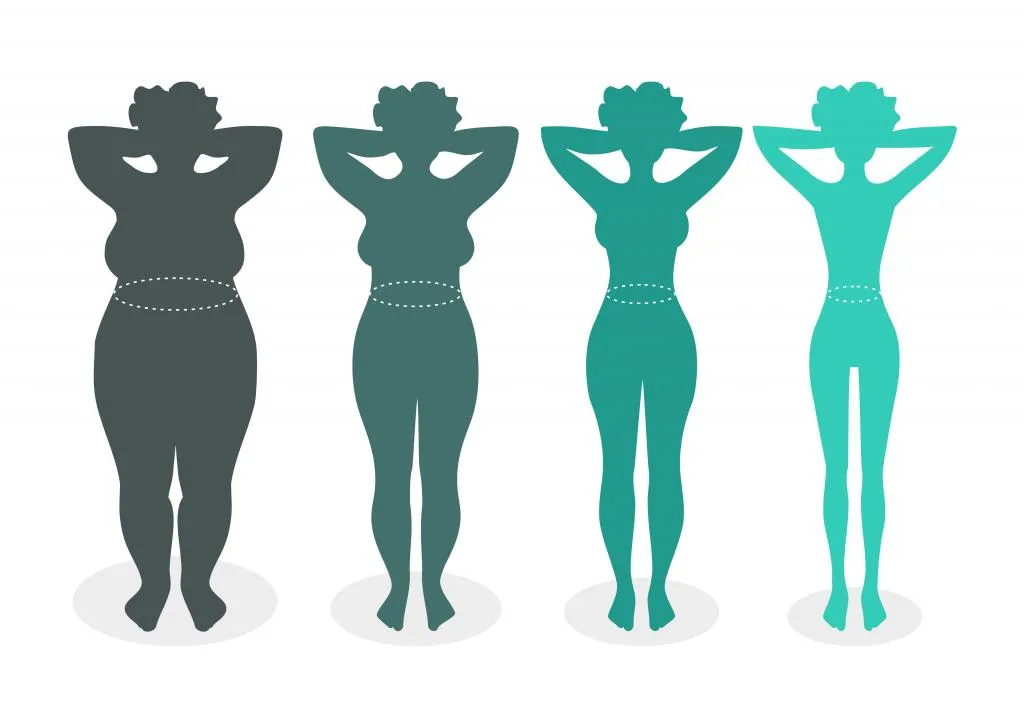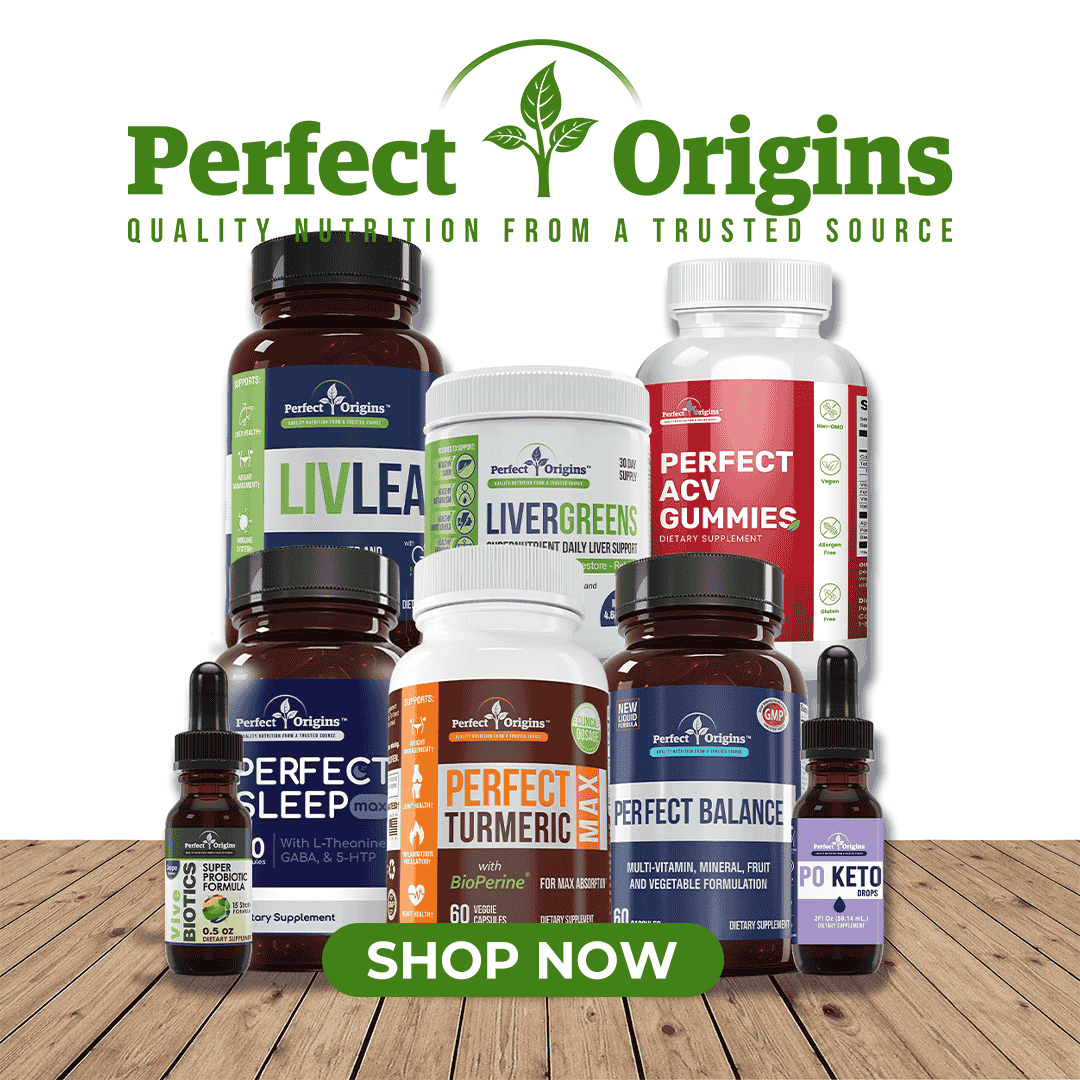Feeling a bit fatigued?
Enjoy alcohol a little too much?
Currently taking medications for diabetes, high cholesterol, or high blood pressure?
Do you have sleep apnea?
Do you eat a diet high in processed sugars or carbs?
Are you overweight?
Okay…enough with the questions, I could continue on with this list, but the fact of the matter is, if you find yourself answering ‘yes’ to any of those questions (and, you can read on to see if you are at risk in other ways) you may have a fatty liver!
And, unfortunately, the only way you can know if you have a fatty liver, until the situation is dire, is through liver targeted blood testing, ultrasounds, and a few other liver-specific tests.
So then, whether you’ve actually been diagnosed with fatty liver disease or not, keeping your liver healthy is of monumental importance.
Read on to find out why the health of your liver is absolutely crucial and what you can do to prevent and reverse the damage caused by a fatty liver!
What Is Fatty Liver Disease?
Your liver is an organ that is part of your digestive system, one of the largest organs in your body.
It works to filter blood from your digestive tract, clearing toxins from your body, metabolizing fats, proteins, and carbs. It also produces bile to help with digestion, stores glycogen, vitamins, and minerals, and much, much more.
Another remarkable characteristic of the liver is its ability to regenerate, healing injured or damaged parts of itself…to an extent.
The thing is, repeated damage to your liver can eventually lead to inflammation, scarring, and even disease.
There are two types of fatty liver disease: alcoholic and non-alcoholic.
- Alcoholic– caused by consuming alcohol in excess
- Non-alcoholic– not related to consumption of alcohol, and is often diagnosed via ultrasound or blood tests
The first of these two causes of fatty liver disease, alcohol, can be easily determined. It is the second, however, that isn’t as easily ascertained, as it covers a range of conditions affecting the liver in folks who consume little to no alcohol.
Unfortunately, nonalcoholic fatty liver disease (NAFLD) is becoming increasingly common. And, in the United States, it is now the leading form of liver disease, with one in four Americans (children included) suffering from some type of chronic liver condition.
Another downside to fatty liver disease is that until the condition is more advanced, there are often little to no symptoms other than fatigue or some pain or discomfort in the right upper abdomen.
When fatty liver disease becomes more aggressive, one may experience more extreme symptoms such as:
- Red palms
- Jaundice
- Abdominal swelling
- Enlarged blood vessels (seen directly beneath the surface of the skin)
- Enlarged spleen
- Easy bruising
- Dark urine
In other words, by the time you start experiencing noticeable, serious symptoms, the damage to your liver may already be severe.
While the experts aren’t positively certain why some people are more susceptible to a buildup of fat in their liver and others are not, it is commonly believed that the following contribute to fatty liver disease (both aggressive and non-aggressive):
- Obesity
- Side effects from medication
- High levels of triglycerides (fats) in the blood
- Insulin resistance
- Poor gut health
- Malnutrition
- High blood sugar (type 2 diabetes or even prediabetes)
- High cholesterol
- Metabolic syndrome
- Underactive thyroid
- Underactive pituitary glands
- Sleep apnea
- Visceral fat (excess fat in the abdomen)
So then, what if you suspect your liver is not healthy?
What if you’ve experienced serious symptoms and have sought medical attention to then find you indeed have fatty liver disease?
Left untreated, the damage to your liver by this accumulation of fat can cause scarring which can lead to liver cancer, cirrhosis, or ultimately liver failure and death.
While there are no medications to treat fatty liver disease, thankfully there are some effective things you can do to both keep your liver healthy and reverse the damage your liver has incurred.
1- Lose Weight

Weight loss is thought to be one of the most effective ways to improve the health of your liver, specifically by reducing liver fat.
The American Association for the Study of Liver Diseases recommends those with nonalcoholic fatty liver disease lose 3-5% of their body weight to decrease fat buildup in the liver, while other experts suggest a 10% reduction of body weight is needed to reduce liver fat and liver inflammation.
This higher percentage of weight loss is associated with decreased injury to liver cells, decreased inflammation in the liver, and a reversal of liver damage.
But, even people who are not considered to be overweight or obese can suffer from a fatty liver, and this is where other changes to diet and lifestyle can benefit your liver (besides promoting weight loss).
2- Exercise

Getting adequate exercise is another highly recommended method for reversing a fatty liver or improving the overall health of your liver.
Simple routine exercise can improve your metabolism, thus improving insulin resistance and decreasing liver fat buildup.
Progressing to 150 minutes of moderate activity per week is advised by some, equating to roughly 30 minutes a day, 5 days a week.
Aside from benefiting weight loss, aerobic activity (especially with increased intensity) has been known to decrease both fat and inflammation in the liver.
And, this isn’t only limited to movement, but a reduction in time spent sitting in a given day as well.
3- Eat A Diet Rich In Healthy Fats
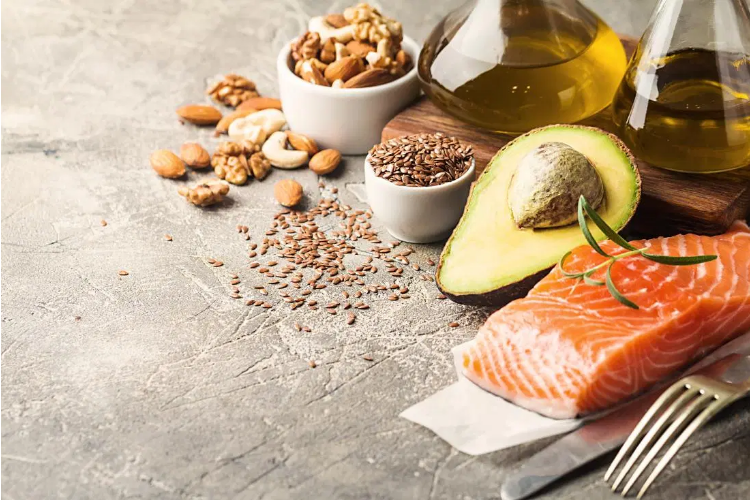
Foods rich in monounsaturated fats like olive oil, olives, avocados, and nuts are known to both decrease inflammation in the liver and aid in your body’s use of insulin.
Omega-3 fatty acids like those found in walnuts, wild-caught salmon and sardines, chia and flax seeds are also great for the health of your liver.
Macadamia nut oil, grass-fed butters, and coconut oil are also healthy fats that can combat the ill-effects of sugar on your liver.
Upping your intake of healthy omega-3s is also associated with healthy cholesterol levels which is crucial to reversing a fatty liver.
4- Eat A Diet Rich In Superfoods

Other foods that can boost your liver’s health, aiding in regeneration and reversal of injury and damage from fat buildup include superfoods like:
- Kale
- Broccoli
- Brussel sprouts
- Collards
- Garlic
- Green tea
And, artichokes and bitter leafy greens have been shown specifically to boost liver health.
Truly, focusing on including a range of whole, plant-based foods can improve your overall health, promoting reductions in blood pressure, cholesterol, and weight as well, all of which can also reduce the symptoms and detriments of a fatty liver.
5- Ditch Processed Starches And Sugars
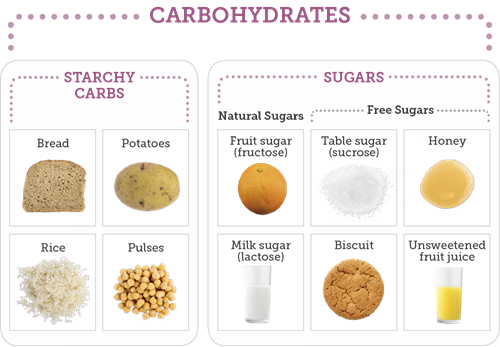
And, while what you do eat is crucial in regards to the health of your liver, what you don’t eat is equally as important!
In fact, if you are consuming any of these foods listed below, you may be directly damaging your liver. (and get ready, this list isn’t a short one)
Fructose (any form of high fructose corn syrup) and sucrose have both been shown to increase the buildup of fat in the liver, these artificial sweeteners causing the formation of fatty acids which are then transported to the liver.
Items containing these sweeteners include processed foods such as:
- Sports drinks
- Energy drinks
- Sweetened or flavored yogurts and other (like) dairy products
- Soft drinks
- Ice cream
- Candies
- Sugary cereals
- Store bought pies, pastries, donuts, cakes, and cookies
In other words, for the health of your liver, avoid sucrose, maltose, dextrose, and high fructose corn syrup and all its aliases like the plague! (glucose-fructose, isoglucose, glucose-fructose syrup, corn syrup, corn sugar, and so on)
And, unfortunately, that’s not all on this list of liver damaging foods.
Anything that increases your blood sugar levels can increase tryglycerides, stress your liver, and thus contribute to a fatty liver.
Foods high in starch such as…
- White bread
- White pasta
- White rice
- Any processed carbohydrate
…all of these can raise blood sugar levels, contributing to a fatty liver.
In fact, research shows those adults with NAFLD who ate fewer refined grains even lowered their risk of metabolic syndrome (also a factor for fatty liver disease).
Other items that have negative effects on the health of your liver include:
- Vegetable oils
- Items with artificial colors or dyes
- Non-organic produce
- Conventional dairy
- Factory or farm raised meats and seafood
6- Proper Supplementation (LivLean)
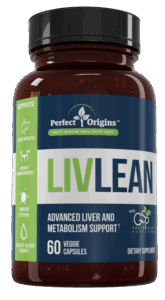
While diet do’s and don’ts can go a long way in regards to maintaining a healthy liver or repairing a damaged liver, sometimes diet (and exercise) alone cannot fully help the health of your liver.
Supplements are often considered alternative treatment for fatty liver disease by mainstream medicine. Simply put, there’s no denying the positive effects they have on the health of the liver (and the body as a whole).
LivLean, for instance:
- Supports healthy liver detoxification, which supports your body’s ability to generate healthy liver cells while also improving liver function
- Boosts your metabolism, which aids in keeping fat from building up in your liver
- Supports healthy blood sugar levels, as high blood sugar levels are linked to excess liver fat, causing NAFLD in at least 50% of those with diabetes
LivLean also contains a powerful antioxidant found in green tea extract, known to decrease fat mass, LDL cholesterol, and total cholesterol.
This powerful liver health supplement also contains ingredients known for their ability to treat decreased liver function, liver inflammation, toxin-induced liver damage, and an overly fat liver.
Another component of LivLean is selenium, an ingredient researchers have found to help the liver process fats and export them via bile for elimination.
And, the supplement is known to prime your body for better fat loss, thought by experts to be one of the most crucial ways to improve the health of your liver.
7- Coffee, Coffee, Coffee

It’s okay, you can breathe a sigh of relief, we aren’t going to rain on your coffee parade.
In fact, for the health of your liver, I’d advise you to go brew another cup! (If you’re drinking healthy coffee, that is.)
Just the caffeine alone in coffee can improve the health of your liver, and that’s not the only healthy component.
As you drink your cup of joe and your body digests the caffeine, a chemical is produced that is known to slow scar tissue growth on the liver and is thought to battle liver cancer and alcoholic and nonalcoholic fatty liver disease.
Regarding coffee drinking in general, research shows coffee drinkers, compared to non-coffee drinkers, lower their risk of liver cancer by 40%.
And, depending on the amount of coffee you drink, you could reduce your risk of liver cirrhosis by 25-70%.
Some studies have found those who drink minimal amounts of coffee daily to reduce their risk of liver disease by 25-30%, while coffee fanatics (drinking several cups per day), reduced their risk by 65%.
So, if you’re not a coffee drinker already, consider adding this antioxidant powerhouse to your daily diet to improve the health of your liver.
8- Limit Alcohol Intake

One drink daily for women, and two drinks daily for men is the most common advise when it comes to limiting alcohol intake to healthy levels.
If your doctor has advised you to skip alcohol altogether, follow this for your own health.
But, if you are consuming alcohol, choose wisely.
A 2008 study found that resveratrol, an ingredient in red wines, helped protect (and potentially treated) fat buildup in the liver.
This antioxidant found in red wine has been linked to other health benefits as well, but still, the caution to limit intake remains.
9- Consume Adequate Levels Of Protein
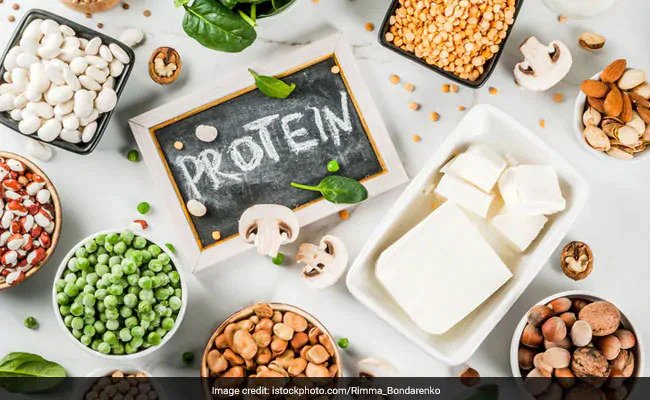
Protein is an important part of any healthy diet as it balances insulin and blood sugar levels, thereby reducing fatty buildup in your liver.
Protein is also satiating (beneficial for overall weight loss) and is known to reduce cravings for sugar, which we’ve seen is a big contributor to fatty liver disease.
Daily consumption of whey protein, specifically, has been shown to reduce the fat in livers of women by 20%.
For other healthy protein options, look for wild caught fish/seafood and grass fed meats.
10- Keep Other Health Concerns In Check

Other health concerns can both contribute to poor liver health and exacerbate fatty liver disease.
Nearly 50% of all diabetes patients are known to have a fatty liver, a fact that is thought to be linked to the affect high blood sugar levels has on contributing to fat buildup in the liver.
High blood pressure is linked to insulin resistance, another contributor to the development of a fatty liver.
Likewise, high cholesterol can cause fat around the liver, resulting in long-term damage.
Not to mention, many of these conditions are often treated medically with medications that are known to contribute to fatty liver disease, in essence creating harm in the name of relieving harm.
The same is true of over-the-counter medications, often taken to combat chronic illnesses, which, when used for long periods of time can wreak havoc on your liver.
Prioritzing the health of your body overall, and in preventing or reversing the symptoms of these common ailments and conditions can go a long way towards healing a fatty liver.
Conclusion
From diet and exercise, to other lifestyle changes, you can improve the health of your liver, either maintaining optimal liver health or reversing the effects of a fatty liver if you act now, not allowing irreversible harm to be done to your body’s number one detoxifying organ.
Seek to:
- Lose weight
- Eat whole, nutritious foods including superfoods, healthy fats, and clean protein
- Exercise
- Drink coffee
- Ditch the processed sugars and refined carbohydrates
- Keep other health concerns in check
- Limit your intake of alcohol
- Use a supplement, such a LivLean, to reverse liver damage as well as improve and maintain optimal liver health
References
- https://www.mayoclinic.org/diseases-conditions/nonalcoholic-fatty-liver-disease/symptoms-causes/syc-20354567
- https://www.healthline.com/health/home-remedies-for-fatty-liver
- https://www.endocrineweb.com/conditions/type-2-diabetes/liver-disease-what-you-need-know-about-common-problem-diabetes
- https://www.healthifyme.com/blog/fatty-liver-causes-symptoms-dos-and-donts-and-diet-plan/
- https://www.bistromd.com/nutrition/keto-and-fatty-liver-disease
- https://www.ecowatch.com/7-ways-to-heal-a-fatty-liver-1891128750.html
- https://www.mydr.com.au/gastrointestinal-health/9-signs-your-liver-may-be-damaged/
- https://www.rnceus.com/lf/lffx.html
- https://www.webmd.com/digestive-disorders/news/20081015/resveratrol-may-help-treat-fatty-liver#:~:text=Oct.,hand%20with%20chronic%20alcohol%20use.
- https://www.researchgate.net/profile/Alfonso-Alexander/publication/322227484_Dietary_Sucrose_and_CD36_Receptor_in_Non-Alcoholic_Fatty_Liver_Disease_NAFLD/links/5a6576e80f7e9b6b8fdbd5b5/Dietary-Sucrose-and-CD36-Receptor-in-Non-Alcoholic-Fatty-Liver-Disease-NAFLD.pdf
- https://draxe.com/health/fatty-liver-disease/
- https://sugarscience.ucsf.edu/hidden-in-plain-sight/#.YOX-9BNKjPY
- https://www.medicalnewstoday.com/articles/320089#Coffee-and-the-liver
- https://www.webmd.com/hepatitis/coffee-help-liver
- https://www.nature.com/articles/1002148#:~:text=Introduction,fatty%20liver%20(hepatic%20steatosis).
- https://www.medicalnewstoday.com/articles/322017#:~:text=How%20does%20cholesterol%20impact%20the,as%20a%20stroke%20or%20diabetes.

